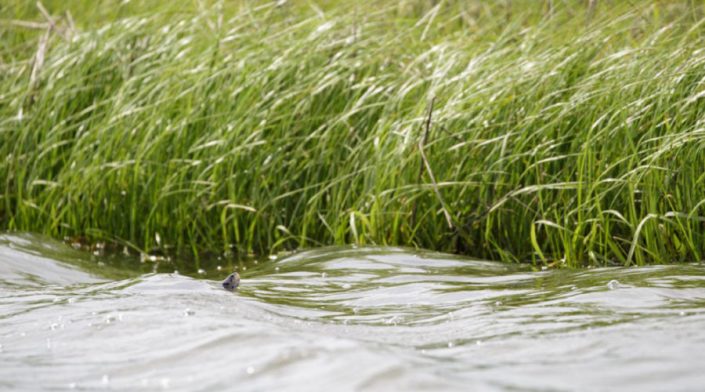Green Philly: How one organization is saving endangered animals in New Jersey

The blog Green Philly interviewed Conserve Wildlife Foundation executive director David Wheeler for this profile on CWF’s work protecting and restoring at-risk wildlife species across New Jersey and beyond.
Wheeler notes, “The project that is really inspiring is our work in Delaware Bay at the mouth of the Delaware River, dividing Pennsylvania, New Jersey, and Delaware. This estuary holds one of the largest gatherings on the East Coast of migratory shorebirds and horseshoe crabs. These shorebirds fly from as far away as Tierra del Fuego and come to this region in massive numbers to feast on horseshoe crab eggs, which is an ancient creature that has swum before the dinosaurs and has survived five mass extinctions. They then head up to the Arctic for a hemisphere-wide migration, and Delaware Bay is the centerpiece of that.
“Horseshoe crabs have been declining severely, so shorebirds have also been declining severely. Our scientists and teams of volunteers have helped to stabilize these populations and prevent further decline. This is not only tremendously valuable to the ecosystem built around horseshoe crabs because it feeds fish, Diamondback Terrapins, and birds. Horseshoe crabs also provide something called lysate through their blood, which is the single way to test vaccines for a toxin, including the COVID vaccine. It’s such an amazing story and it all comes back to this prehistoric creature.”
Discover more from Conserve Wildlife Foundation of NJ
Subscribe to get the latest posts sent to your email.